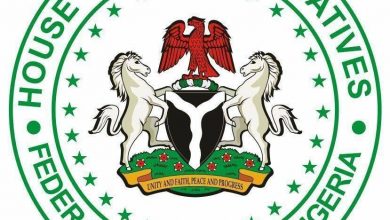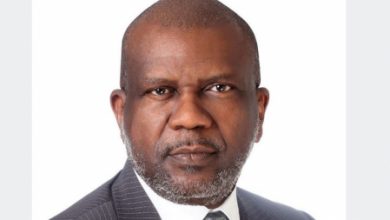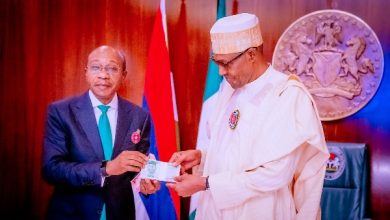What every Nigerian would be owing when Buhari leaves office

Every Nigerian would be owing N384, 864 by the time President Muhammadu Buhari leaves office in May 2023, a report has said.
The International Center for Investigative Reporting (ICIR) is basing the citizen-to-debt ratio on the Debt Management Office (DMO) projection that Nigeria’s total debt, put at N44.06 trillion in the third quarter 2022, would spike to N77 trillion upon Buhari’s exit in May.
The citizen-to-debt ratio is arrived at by dividing the total debt by the 200 million population size at an official exchange rate staked at N422 to an American dollar.
The bulk of the total debt stock (about 73 per cent) is incurred internally, and it comprises government bonds, saving bonds, treasury bills, Sukuk and Green bonds.
The grim reality is that President Buhari’s successor would inherit a 2023 budget designed as a deficit document and expected to be funded through borrowing.
Equally, there is the fear that ‘Nigeria’s rising budget deficit and debt servicing would starve the private sector of funds needed to drive the real sector of the economy.’
Already, as in the N21.83 trillion 2023 budget, recurrent expenditure and debt servicing is expected to gulp approximately N8.27 trillion and N6.6 trillion respectively, while capital expenditure trails behind with N5.9 trillion.
An expert, Kelvin Emmanuel, says in the report that Nigeria faces a grotesque economic situation occasioned by “ballooning debt, weak exchange rate and Nigeria’s rising hyper inflation.”
Recently, Senator Ahmad Lawan, the president of the Nigerian Senate, expressed grave concern for government persistent borrowing. His complaint is an inadvertent indictment of the National Assembly which continues to approve the loans.
“We just cannot afford to continue borrowing,” Lawan said.
He added, “We should minimize it (borrowing). I know it is not possible to eliminate it completely, but we should minimise it.”
The president of the Senate showed similar concern about low revenue generation, saying it is the underlying factor for government frequent borrowings.
“Definitely, we need to work hard on revenue generation and collection by the Ministries, Department and Agencies (MDAs) and other government agencies.
“The lack of sufficient revenues for government to undertake its numerous laudable and noble national development projects across the country ” is a challenge, Lawan stated.
“Most of what we do in terms of national development is to borrow funds for us to execute those projects.”
Credit: additional research by TheCornet.





